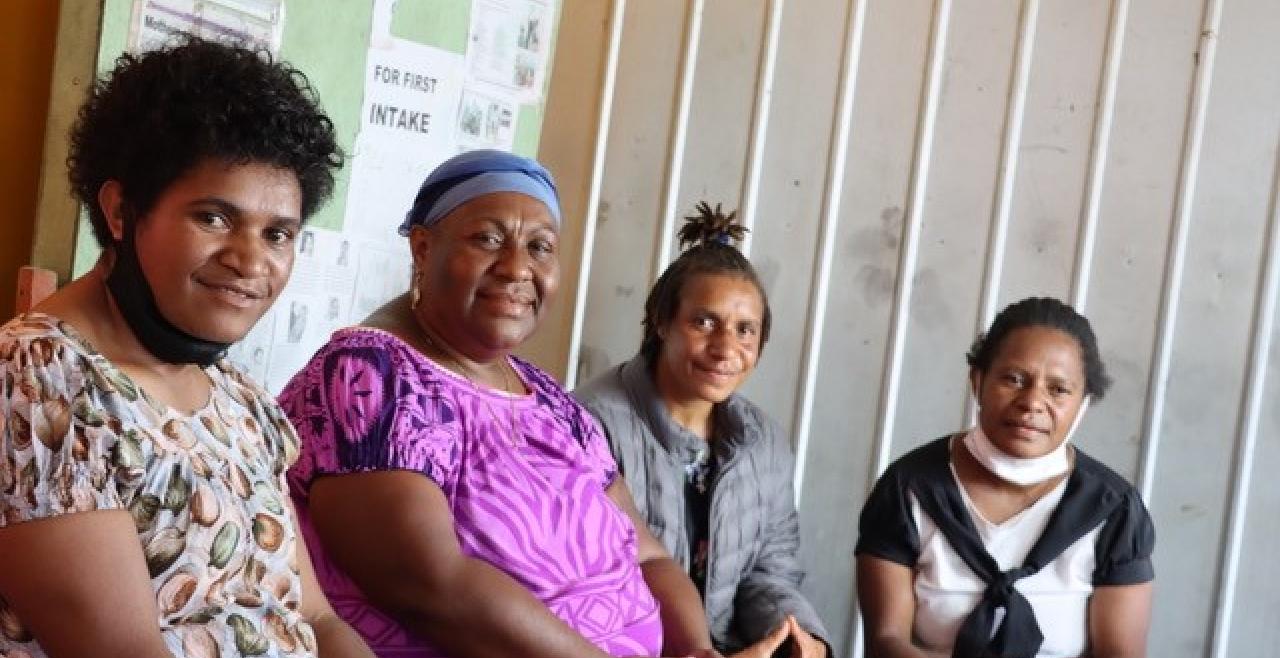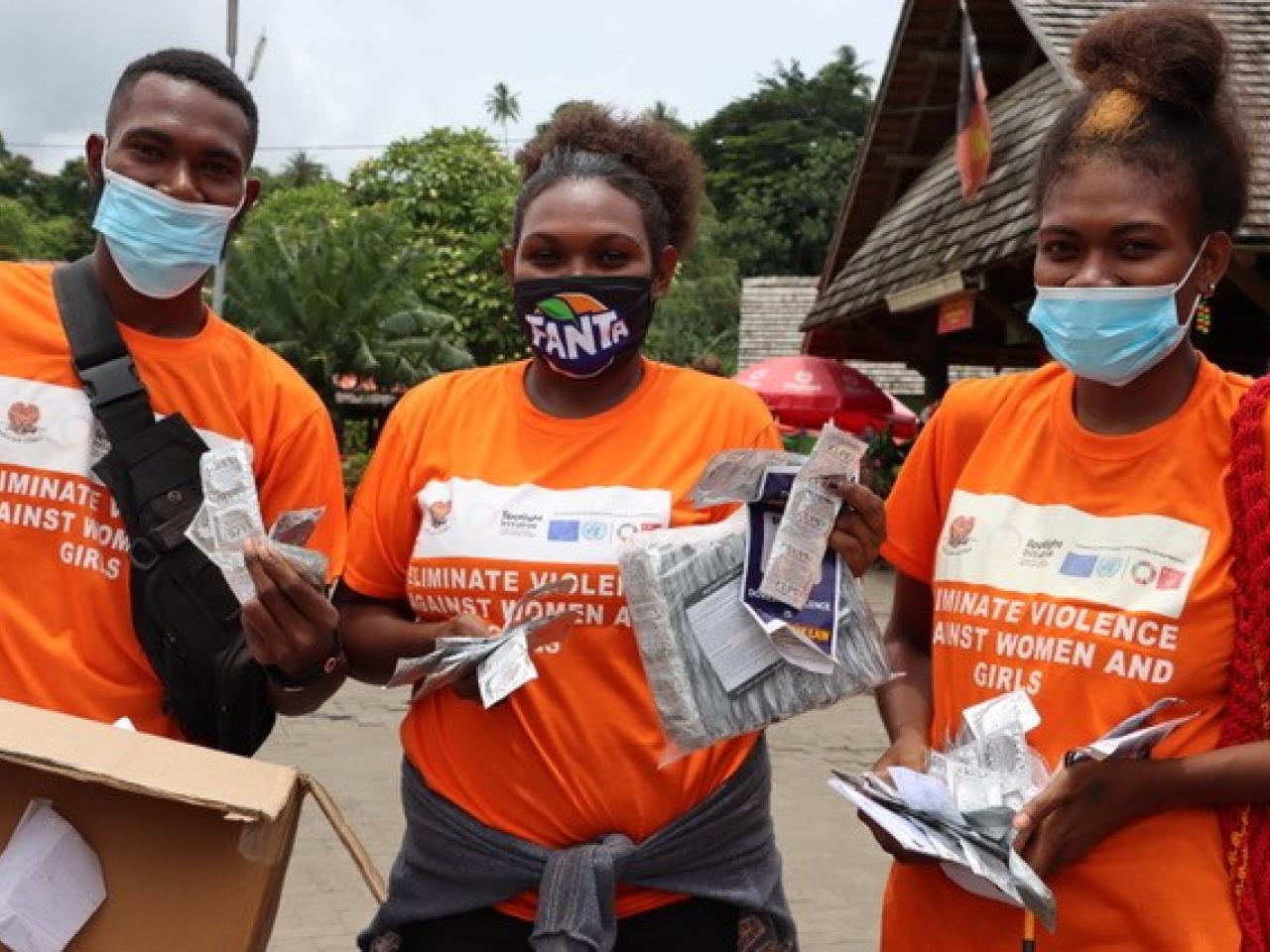How Papua New Guinea's positive parenting programmes create safe, violence-free homes

BANZ, Papua New Guinea - On an overcast morning in Banz, Jiwaka Province, parents slowly fill the lawns of the Highlands Youth Rehabilitation and Training College. They have come from across Jiwaka and further afield to graduate from the College’s Positive Parenting programme, an intensive course to end the cycle of violence by teaching non-violent parenting strategies and the importance of modelling healthy relationships for children.
“Parenting is the foundation for all the problems that we have,” says Programme Coordinator Mike Goro. “We won’t have family violence if we have this positive parenting training and bring it to all parents in the province.”
The magnitude of gender-based violence in Papua New Guinea is considered to be of epidemic proportions, with more than two-thirds of women estimated to have suffered some form of physical or sexual violence in their lifetime.
Early intervention is critical, which is why this Spotlight Initiative-supported programme targets parents of children aged 3 to 10. Reach has already exceeded expectations.
“The goal was to train 70 facilitators who go back to their communities to deliver this programme, and we trained more than that,” says Mike. “Thanks to these facilitators, 527 parents have completed the programme and 800 more parents will be graduating next month.”
"Before, I never understood [my children] and I used to be too harsh on them.” - Parenting programme graduate, Jiwaka Province
BUILDING A MOVEMENT
Mike attributes the programme’s success to the great demand for parenting skills and to the College’s community-based approach. The college recruits and trains influential members of communities and then sends them back to the remote areas they come from to conduct parenting sessions. Dedicated trainers often carry their facilitation materials on foot into the Highlands villages to deliver sessions with parents.
The reception has been positive.
“Our participants have said they really regretted that this kind of positive parenting training wasn’t available before they were married,” says Mike. “They even cried that they lost so many years [that they could’ve been fostering better relationships with their kids].”
“I have four children and before, I never understood them and I used to be too harsh on them,” said one mother graduating from the programme. “But after I and other parents attended this school, we can help our children and in turn develop this country.”
Another young woman shared what she’d learnt with her own parents.
“My parents were having a difficult time with my brother and sister,” she says. “So with my new skills, I taught my parents how to handle them and saw positive change.”
The high demand for the programme was reiterated by College Director Chris Goro. As a former policeman who has worked on child abuse cases, Chris is passionate about preventing violence rather than responding to it.
“I have people calling me all the time asking when the next intake is starting,” he says.
"If this programme can reach more districts and provinces, family violence can be reduced.” - College Director Chris Goro
CHALLENGING HARMFUL NORMS
Conducting the programme is not without challenges. Mike shares the story of a woman who attended one of the college’s other courses in Banz. Her husband turned up at the college to abuse her for not answering when he called. The team responded by providing counselling to the couple. The incident is not isolated and reaffirms to Mike, Chris and the facilitators why positive parenting training is so important.
“Here in Jiwaka we have been brought up seeing this kind of behaviour,” says Chris. “So that’s why I really encourage the positive parenting programme. If this programme can reach more districts and provinces, family violence can be reduced.”
The positive parenting program at the Highlands Youth Rehabilitation and Training College is supported by the Spotlight Initiative to end violence against women and girls. The Initiative’s parenting for childhood development activities are implemented by UNICEF Papua New Guinea.
By Rachel Donovan

